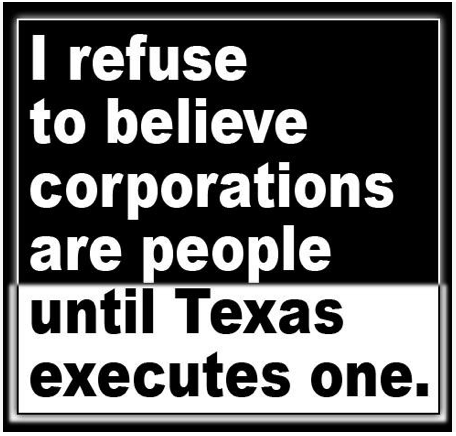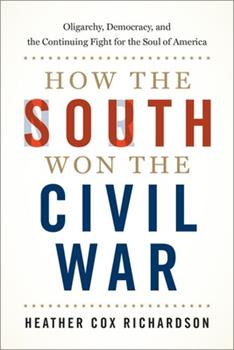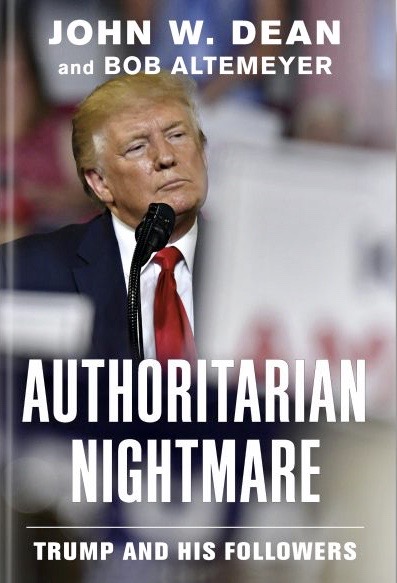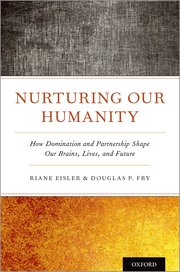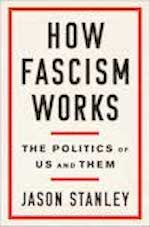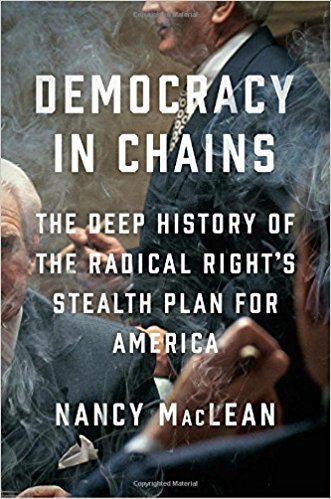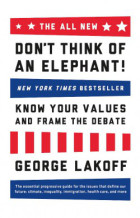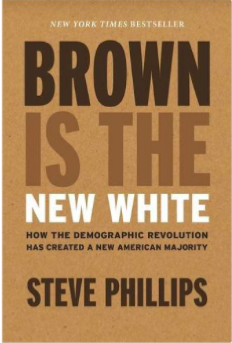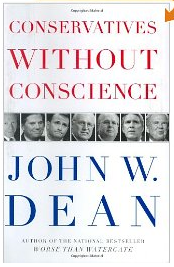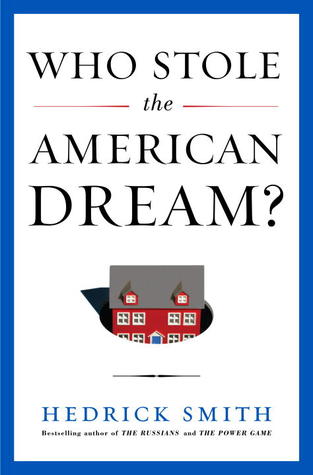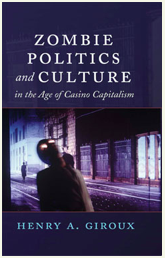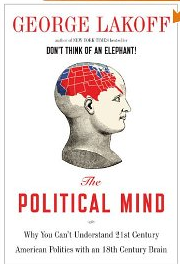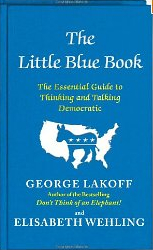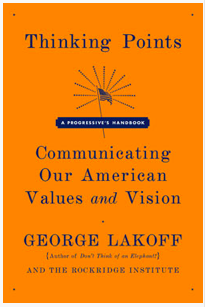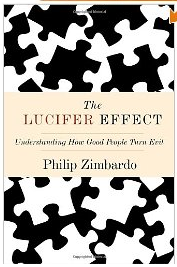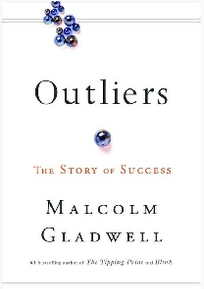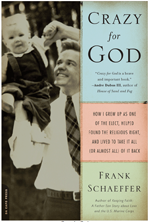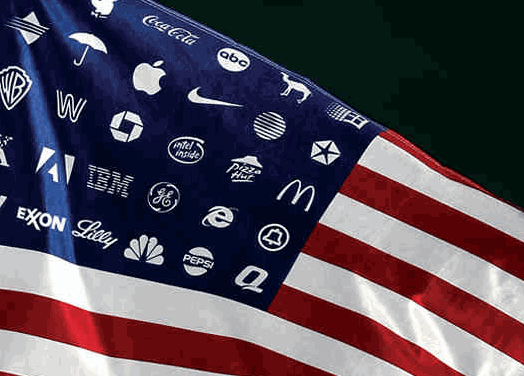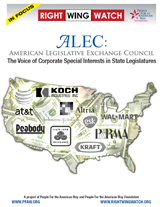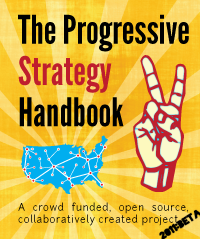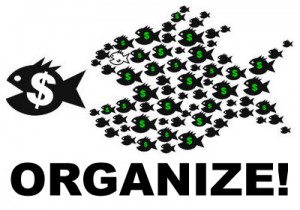Household debt: Credit card debt, car loans, personal loans and home mortgages
According to NPR’s Morning Edition, Columbia professor David Beim said this about his chart:
The problem is us. The problem is not the banks, greedy though they may be, overpaid though they may be. The problem is us… We’ve been living very high on the hog. Our living standard has been rising dramatically in the last 25 years. And we have been borrowing much of the money to make that prosperity happen.
Morning Edition went on:
“From 2000 to 2008, it’s almost a hockey stick. It just goes dramatically upward,” Beim says. “It hits 100 percent of GDP. That is to say, currently, consumers owe $13 trillion when GDP is $13 trillion. That is a ton.”
This has happened before. The chart shows two peaks when consumer debt levels equaled the GDP: One occurred in 2007, the other in 1929.
And that scares Beim.
“That chart is the most striking piece of evidence that I have that what is happening to us is something that goes way beyond toxic assets in banks. It’s something that has little to do with the mechanics of mortgage securitization, or ethics on Wall Street, or anything else,” Beim says. “It says: The problem is us. The problem is not the banks, greedy though they may be, overpaid though they may be. The problem is us.”
We have overborrowed, Beim says: “We’ve been living very high on the hog. Our living standard has been rising dramatically in the last 25 years. And we have been borrowing much of the money to make that prosperity happen.”
I don’t totally agree with Mr. Beim – that banks are not the problem. It takes two to tangle and create such a crisis.
Back in the late 1970’s after I graduated with an engineering degree, I could barely get a gasoline credit card. It wasn’t until 1984, that I was able to get a major credit card. Since then, I, and millions of others, easily added other cards and refused many many credit card offers.
Back in 1992, when we got a home loan, we went though weeks of “interrogation” before it was approved.
Look where we are now. First, it was easy credit cards, then zero interest car loans, and finally easy unrealistic home loans to satisfy investor greed. Who made it so easy? Who couldn’t resist the temptation to move up or get rich quick?




